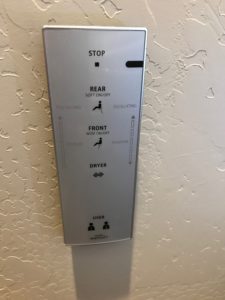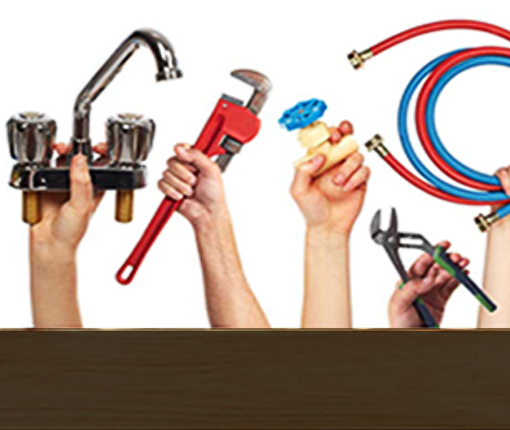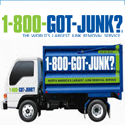Disinfecting sheets are helping keep us safe from Coronavirus, but do NOT flush them down the toilet!

You’ve truly come a long way baby. Disposable wipe products are now available for use as enhanced toilet paper, antibiotic disinfectants, leather conditioner, glass cleaner, electronic equipment dusters, make-up removers and for many other applications. But seriously are baby wipes flushable? The short answer is no. All these products are super convenient and disposable, but none of these wipes should ever be flushed.

Super TP
It’s very common now for households to have baby wipes (aka flushable wipes) available in every bathroom for babies of all ages who like things shall we say, “super-clean.” Disposable wipes are soft, moist, nice smelling and leave you feeling really fresh. Because of these things they have become very attractive. Personally, I find them surprisingly cold. They have for many now come to serve as a super enhanced toilet paper and naturally after use, they end up in the toilet.
To flush or not to flush
Unfortunately, your sewer system does not find them as nice as you might. Don’t trust the ads and labels that scream these baby wipes are safely flushable. Wipes may in theory be successfully flushed, but in practice they are actually not. This is thanks to the rough internal surfaces and uneven joints and connections found in everyday waste piping. This means some of the wipes, that are flushed (like tampons) will hang up in the piping and seriously clog up the works. Wipes are especially damaging to systems that rely on sewage ejector pumps. The wipes can sometimes get tangled up in the float switch and cause the ejector to overflow. In the worst cases they can jamb up the pump itself.
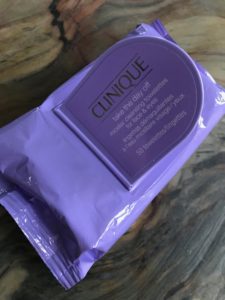
Non-biodegradable
Flushed wipes are not “processable” by the municipal sewage treatment plant. This is because the wipes are not biodegradable. Most are made up of a high percentage of polyester plastic that will not break down for a hundred years or more. These disposed wipes end up increasing the amount of trash just like cigarette filters, plastic caps, condoms, tampons and other debris that are routinely flushed and have to be filtered out by the treatment plant. Once removed from the sewage stream, it has to be taken to the land fill.
Chemicals
Wipes are also loaded with all kinds of chemicals. If you flush these wipes, the chemicals end up leaching into the water stream. Many of these chemicals cannot be removed during the sewage treatment.
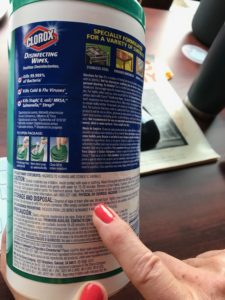
Septic tank issues
For homes served by a septic tank system, the problem is even worse. Nothing should ever be flushed into a septic tank that will not decompose in just a few hours. Flushable wipes do not decompose. They end up in the tank and clog up the solid side and can even hinder the pumper when it is time to clean the tank. This is also why kitchen garbage disposers should be used with extreme caution if you are on a septic tank system.
So what to do?
If you like the super cleanliness that the wipes produce (and who wouldn’t?) good alternates include toilets equipped with Toto’s “washlette” features, or good old-fashioned bidets. The French and Japanese always seem to be ahead of us when it comes to hygiene.
If you plan to stick with the wipes, you need to provide a separate trash can to dispose them in along with the tampons and other un-biodegradable bathroom products.

